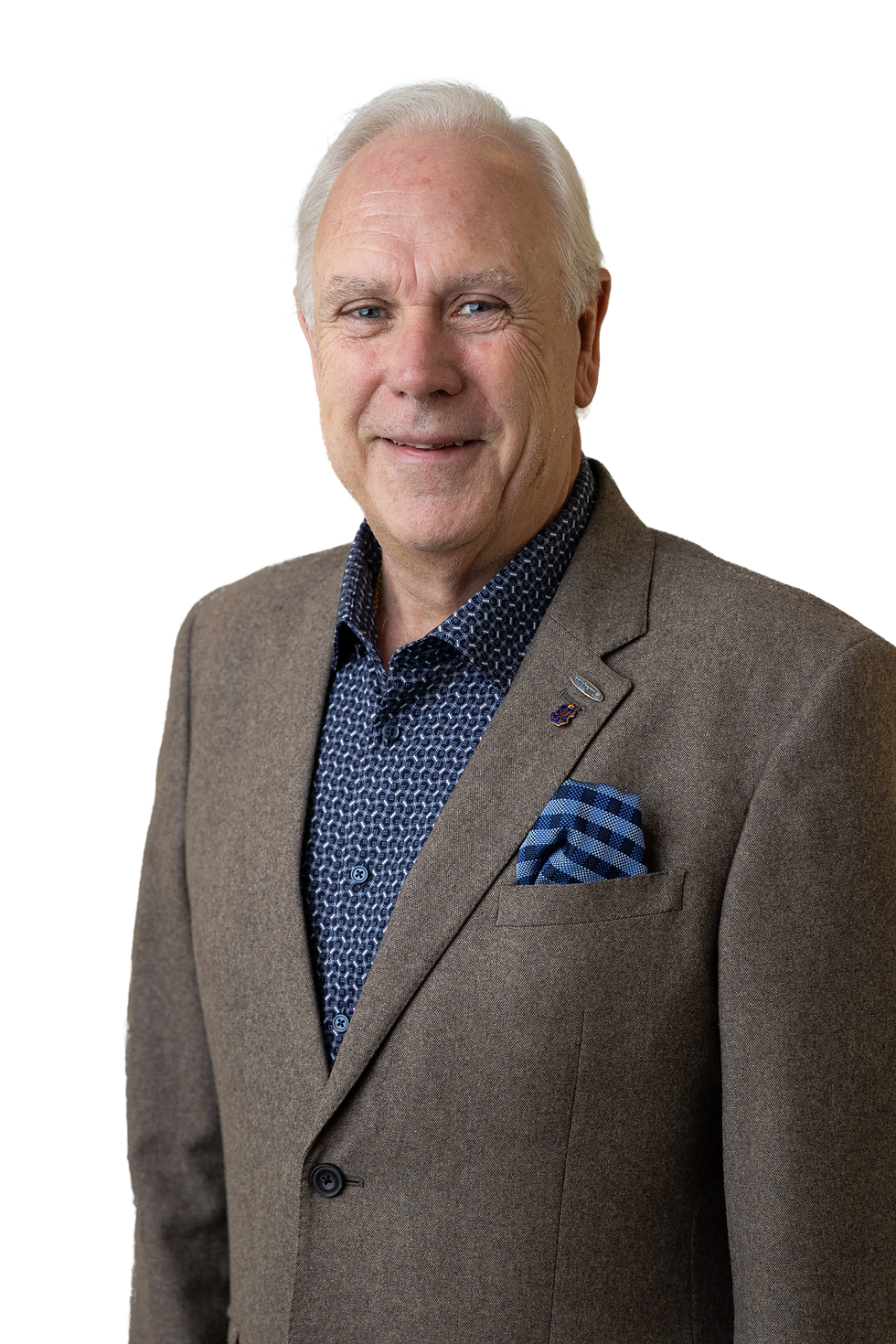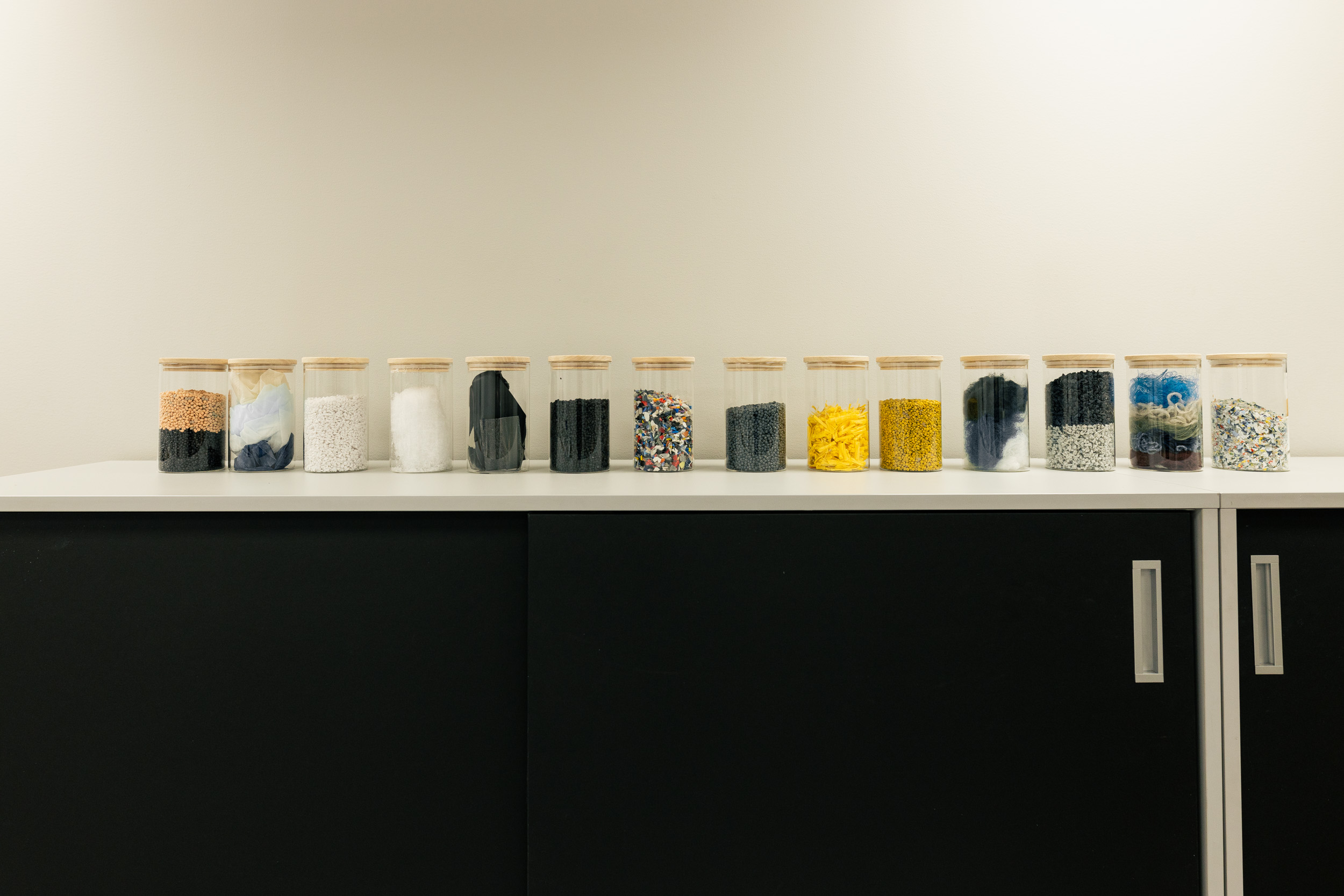

Innovation and development
Turning waste into resources. We’ve been challenging industrial standards since the 1960s.
High-quality recycled compounds
Customized
Customized compounds based on PIR (Post-Industrial Recycled) and PCR (Post-Consumer Recycled).
Quality assurance
We upgrade and assure the quality of all raw materials to ensure the best possible performance of our compounds.
Global delivery
Manufacturing and sales in Europe, Asia and North America through our parent company, Polykemi AB.

Generations of curiosity
We’ve callenged convention many times before. It always went well. Our knowledge-based development is driven by curiosity and a conviction that the future has more to offer. We will continue to defy the conventional.
Recycled plastic material – a redefined quality
Not only has our belief in the idea of recycled plastic material led to its quality becoming comparable to virgin material, recycled plastic material also provides some of the solutions to major questions about sustainability. Today, we’re able to present recycled plastic material as a valuable resource and problem solver thanks to development work that dates back generations.


Ola Hugoson, VD Polykemi
Waste is a resource

We recycle your waste
- if you have the right equipment to process it
Ungrinded plastic components like plastic film, non-wovens, fiber, regrind, dust and shavings from sawing or milling. They are all resources we can use to make plastic compounds. By grinding and regranulating products that would otherwise go to waste, we expand our sources of plastic raw material.

Category Manager - Recycled Materials
Patrik Lindqvist
+46 411 797 82
patrik.lindqvist@rondoplast.se


A laboratory for tomorrow
Our laboratory has several tasks: evaluating new ideas and opportunities for material development, and making sure all of our materials maintain high quality and meet agreed performance as well as evaluating new sources of recycled raw material.
Our testing equipment
Standard analyses
In-depth analyses
Flammability FMVSS 302
Checks the burning rate of material.
Flammability GWT
Examines how a test specimen is affected by touching a glow wire heated to temperatures between 650–960°C.
Flammability UL 94
Measures how quickly a test specimen self-extinguishes following exposure to an open flame according to the requirements of the UL 94 standard.
Scratch resistance
Provides a value of how well a material withstands scratching by a given needle tip diameter, load, and speed.
DSC
Examines the composition of polymers in a material, its condition and glass transition and crystallization temperatures.
Gas chromatograph
Checks the volatile organic carbon emissions from a material to ensure low levels of volatile substances.
FTIR
Shows a material's fingerprint and identifies polymers, reinforcements, additives and signs of degradation.
Tensile and flexural strength
Measures strength, flexibility and stiffness by applying a constant force to test specimens.
Color spectrophotometer
Checks the color in different lights (D65, A, TL84). Measures light and color according to the dE, dL, da, db, dC and dH equation.
Weather simulation/WoM
Tests how specimens change when exposed to different levels of UV light, heat, simulated rain and humidity.
Headspace
Checks hydrocarbon emissions in plastic materials together with the gas chromatograph.
Impact strength
Measures impact strength by allowing a pendulum to knock off a piece of a specimen at different temperatures.
X-ray fluorescence/XRF
Makes sure raw materials remain below the limit values set by the RoHS Directive (2011/65/EC) for specific heavy metals and certain other regulated substances.
MFI/MFR melt index
Measures flowability by allowing a given weight to force molten material of a given temperature through a capillary.
Quality assurance for you
Our quality assurance not only includes mechanical, thermal and chemical testing, but also environmental aging simulations. We check every production stage, from incoming raw material to final product, to ensure that all deliveries comply with the customer’s specifications.


